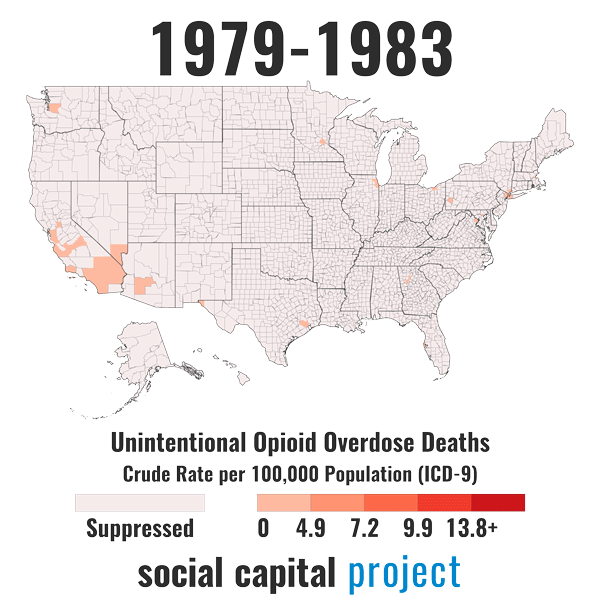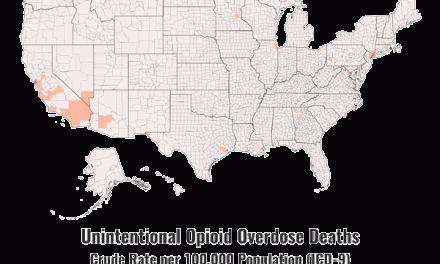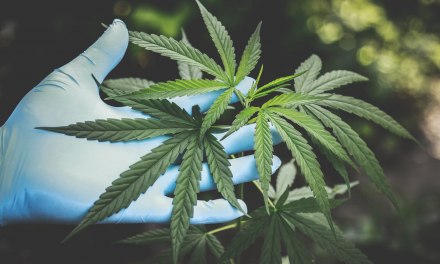In case you were wondering, the opioid epidemic hasn’t gone anywhere– in fact, it appears to be growing and changing shape. It’s just temporarily displaced by the “all politics all the time” news cycle.
A few observations:
As you know, between 2000-2010, deaths by opioid overdose jumped 200%. Most of those were attributable to prescription painkillers. Here’s something curious: One survey of several thousand persons found that 90% who survived the OD continued on prescribed opioids– in 7 of 10 cases, prescribed by the same doc.
I don’t think we’re certain why. In some cases the physician likely wasn’t aware of the OD, but in many others, he or she knew but decided to continue opioids anyway. Presumably for other reasons– the need to suppress pain, for instance. Or perhaps something less medically justifiable.
To me, that illustrates a sad truth about American healthcare: We’re in this mess because of our stubborn dependence on opioids for pain. The US isn’t unique in that, because medicine has failed to come up with many alternatives. Still, we carry our dependence to extremes. America consumes the vast majority of the world’s opioids. Here’s a brief piece on the subject.
Naturally, economics is a major factor: These drugs are seriously big business. There are Big Pharma firms that might fail without that revenue. Absent a national healthcare system of the sort found in other developed nations, the US has fewer protections against the emergence of problems in prescribing.
As the epidemic progresses, we’re seeing changes in use and demographics. Heroin and synthetics such as fentanyl now play a larger role, partly due to affordability. But here’s a less publicized change: The biggest increase in ODs was among 45-54 year olds. Not coincidentally, the biggest jump in OD fatality rate was in the 55-64 age group.
The proposed repeal of ACA could hit these older users hard– right before they become eligible for Medicare.
Likewise, white users, in particular females, experienced the largest percent increase in fatalities. The rate is still climbing among Hispanics and African Americans as well, but not as rapidly.
Many of the states where the opioid epidemic has been felt most severely went for Trump in the recent election. Maybe this will help protect access to treatment in the wake of ACA repeal. The need is there; we can only hope those in Washington recognize it.












